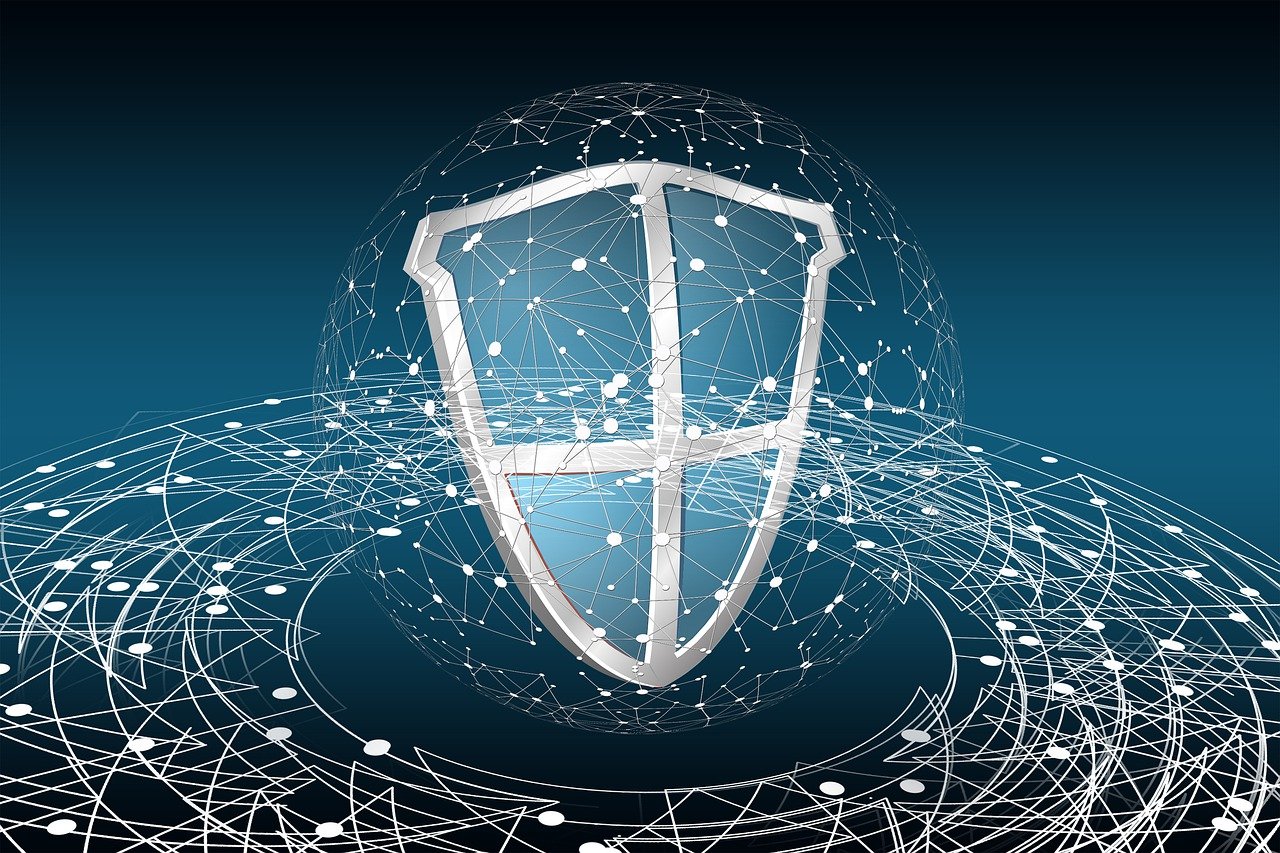Welcome to our official website, as a professional SEO expert, we will answer all your questions about VPN. In this article, we will delve into the definition of a VPN, how it works and how important it is in today's digital age. We hope that this article will help you understand VPNs better and provide you with important information about online security and privacy protection.
Part I: Definition and Working Principles of VPN
VPN stands for Virtual Private Network, which is an encrypted communication technology used to create a private, secure connection over a public network. Through a VPN, users can create a secure tunnel over the Internet, allowing their data and communications to be encrypted and protected, making them less susceptible to theft and surveillance by hackers and third-party organizations.
VPNs work by creating a secure encrypted tunnel between the user's device and the VPN server. When a user connects to the VPN, his or her network traffic is transmitted to the VPN server over this encrypted channel. The VPN server then communicates with the target website or service on behalf of the user. In this way, the user's real IP address will be hidden and replaced by the VPN server's IP address, thus realizing the user's anonymous Internet access.

Part 2: The Importance of VPN in the Digital Age
In today's digital age, the importance of VPN has become more and more prominent. Here are a few key importance of VPN in the digital age:
1. Privacy Protection: With the popularity of the Internet, leakage of personal information and privacy invasion have become serious issues. By using a VPN, your online activities will be encrypted and protected so that hackers cannot easily access your personal information and protect your privacy.
2. Public Wi-Fi Security: When traveling or using free Wi-Fi networks in public places, your data is vulnerable to hacking. a VPN establishes a secure connection over unsecured public Wi-Fi, preventing hackers from stealing your login credentials and sensitive information.
3. Bypass geo-restrictions: Certain regions or countries restrict users from accessing specific websites or content. By connecting to VPN servers in other countries, you can bypass geo-restrictions and access websites and services worldwide.
4. Business Security: For businesses, a VPN is a key tool for telecommuting and remote access. By using a VPN, employees can securely and remotely connect to the company's internal network, increasing productivity and securing company data.
Part 3: The Bad Side of Not Using a VPN
Not using a VPN can lead to a number of cybersecurity and privacy hazards. Here are some of the hazards of not using a VPN:
1. Data leakage: Without using a VPN, your network traffic can be exposed to hackers and third-party organizations. Hackers can intercept and monitor your data transmissions and steal your personal information and sensitive data, leading to identity theft and other security issues.
2. Public Wi-Fi Attacks: Your data may be at greater risk when using public Wi-Fi networks. Unsecured public Wi-Fi hotspots are easy targets for hackers who can steal your login credentials, bank card information and other sensitive data through Wi-Fi networks.
3. Geo-restrictions: Some regions or countries may restrict access to specific websites and content. When not using a VPN, you may not be able to bypass these geo-restrictions and miss out on some valuable information and resources.
4. Personal privacy exposure: When not using a VPN, your IP address is exposed to the public network and your online activities and location may be tracked and recorded. This can lead to threats to personal privacy, such as ad tracking and personalized ad nuisance.
5. Leakage of trade secrets: For organizations, not using a VPN can lead to leakage of trade secrets. When employees access company data in an unsecured network environment, hackers may steal sensitive business information and customer data.
Part III: How to Choose the Right VPN Provider
There are several key factors to consider when choosing the right VPN provider:
1. Security: Make sure the VPN provider offers strong encryption to keep your data safe.
2. Speed and Stability: Choose a VPN that offers high speed and stable connections to ensure your online experience is not compromised.
3. Global Server Coverage: Choose a VPN provider with global servers so you can connect to servers closer to your destination and increase connection speeds.
4. Privacy Policy: Check the privacy policy of the VPN provider to ensure that they do not collect your personal information and internet data.
5. User reviews and word-of-mouth: check out user reviews and word-of-mouth to learn about other users' experience and satisfaction.
Conclusion:
VPN stands for Virtual Private Network and it plays an important role in today's digital age. By providing users with privacy protection, bypassing geo-restrictions, securing public Wi-Fi, and enhancing corporate security, VPNs have become an important tool for protecting user data and privacy. When choosing a VPN provider, be sure to consider factors such as security, speed, global server coverage and privacy policy to ensure you get the best VPN experience. Our VPN service will provide you with an efficient internet connection and strong security, allowing you to enjoy peace of mind when surfing the web in today's digital age.
 Email
Email